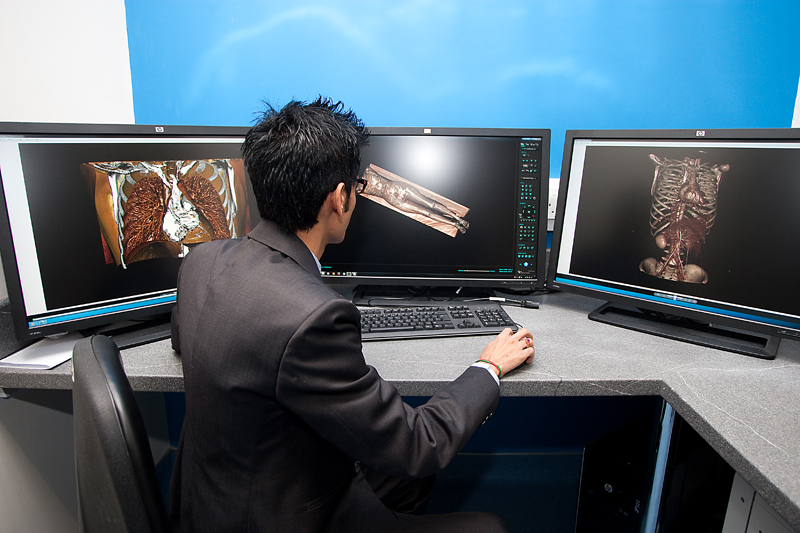iGene conquers UK, eyes Middle East and US next: Page 2 of 2
By Goh Thean Eu June 10, 2014
One door shuts, another opens
Giving up is certainly not in Chandran’s character. He faced many obstacles before iGene made its first presence felt in the United Kingdom. In fact, its initial plan did not even include venturing into the country.
iGene, which has been developing the INFOPSY software for 12 years, began operating a testing centre in Hospital Kuala Lumpur in Malaysia in 2010. Its initial plan was to expand the services to more hospitals in the country, a move that could have boosted Malaysia’s ranking in the field of advanced medical technology.
Unfortunately, no other hospitals (except for Hospital KL) were willing to bet on a technology that was relatively new and somewhat unproven at the time.
Believing in the capability of the INFOPSY software, Chandran decided to put iGene’s Malaysia expansion plan on hold and focus on venturing abroad, with the United Kingdom as its first destination.
Convincing the UK local authorities of the digital autopsy technology was slightly easier. The question is, how did iGene convince UK authorities to use the technology when the so-called “relatively new and somewhat unproven” technology was not even picked up in a big way in its home country?
“In order for you to convince the global community, you have to ensure that there is a consistency in the message that you send," said Chandran.
“Fortunately, the messages that we send here [in the United Kingdom] are scientific in nature. So, science is the formal language of the world. When you are operating in the First World, and using the same kind of scientific information and also the same message, the First World understands you almost perfectly," he said.
Now that iGene has the communications right, "convincing the First World is very easy,” he said, adding that iGene has been given "the mandate to transform the entire United Kingdom, not just Sheffield and Bradford.”
Revolution in the autopsy world

iGene's UK digital autopsy centres are currently undergoing trial runs and are expected to to have their first commercial runs by July.
Dr Alan Fletcher, head of Medical Science at iGene, believes that the digital autopsy technology can eventually change the way most post-mortems are done in the future.
With the technology, one can conduct a post-mortem investigation via 3D digital body reconstruction. The entire process involves a scan of the body using a CT (computer tomography) scanner. After that, iGene’s proprietary software INFOPSY creates a 3D reconstruction of the actual body, enabling the pathologist to conduct a full, non-invasive digital post-mortem on a computer screen.
The technology not only improves the accuracy of the examination, but is also seen as a more compassionate way of conducting a post-mortem, reducing stress and anxiety for families, according to Dr Fletcher.
“A digital autopsy is non- or minimally-invasive, therefore avoiding having to dissect the body, and it can facilitate the earlier release of bodies for burial or cremation,” he added.
Once the trial runs are completed and the digital autopsy centres are commercially operational, iGene plans to charge ₤500 per case. According to Chandran, there are 220,000 deaths in the United Kingdom annually that are classified as “medico legal” and require a post-mortem.
Goh Thean Eu reports from Bradford and London at the kind invitation of Mavcap
Related Stories:
Frustration the trigger for success at iGene
Malaysia’s iGene launches digital autopsy centre in UK
Disrupt: Easier to sell to overseas clients than local ones
AIM invests RM70 mil into iGene
For more technology news and the latest updates, follow @dnewsasia on Twitter or Like us on Facebook.


